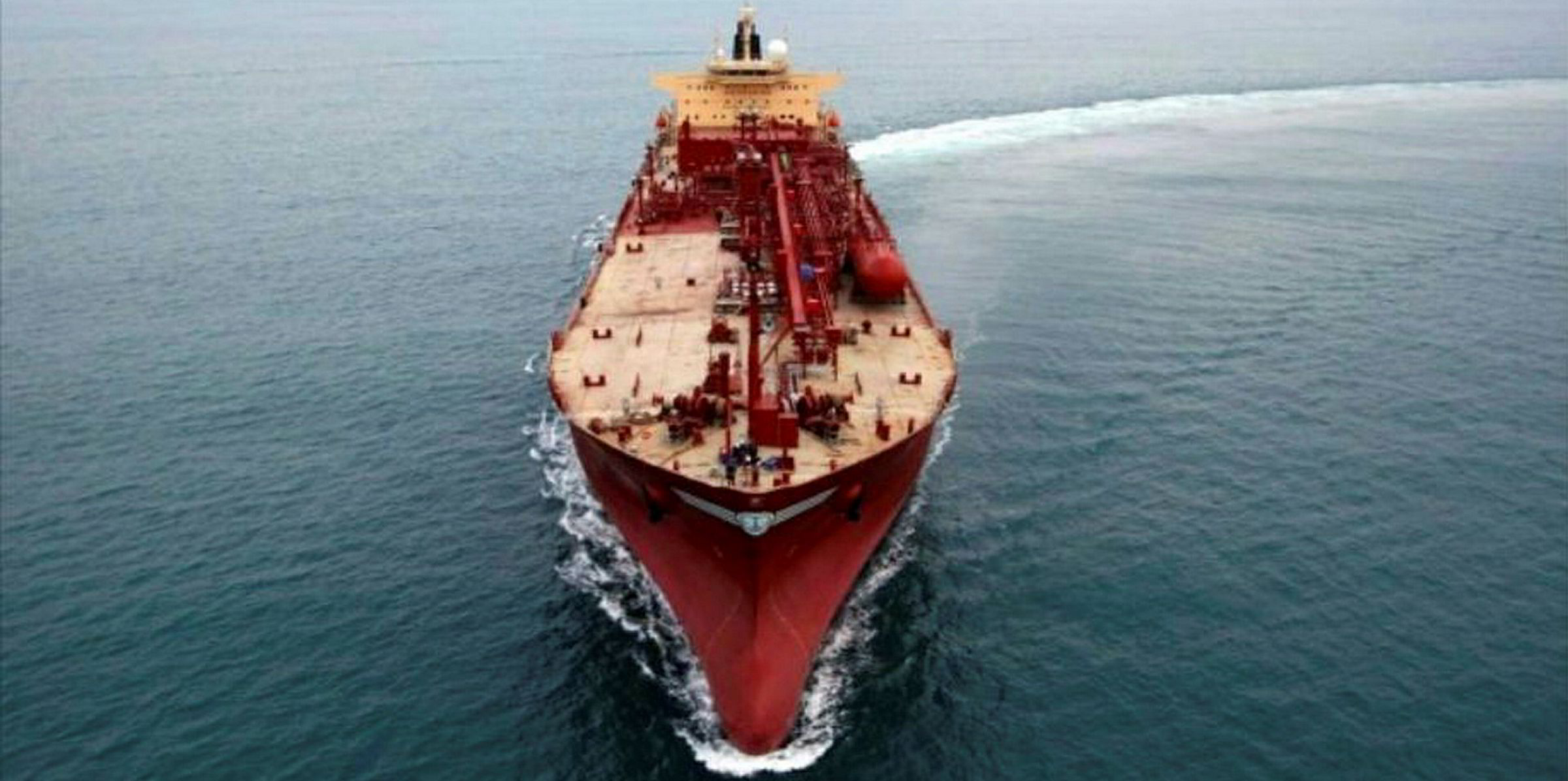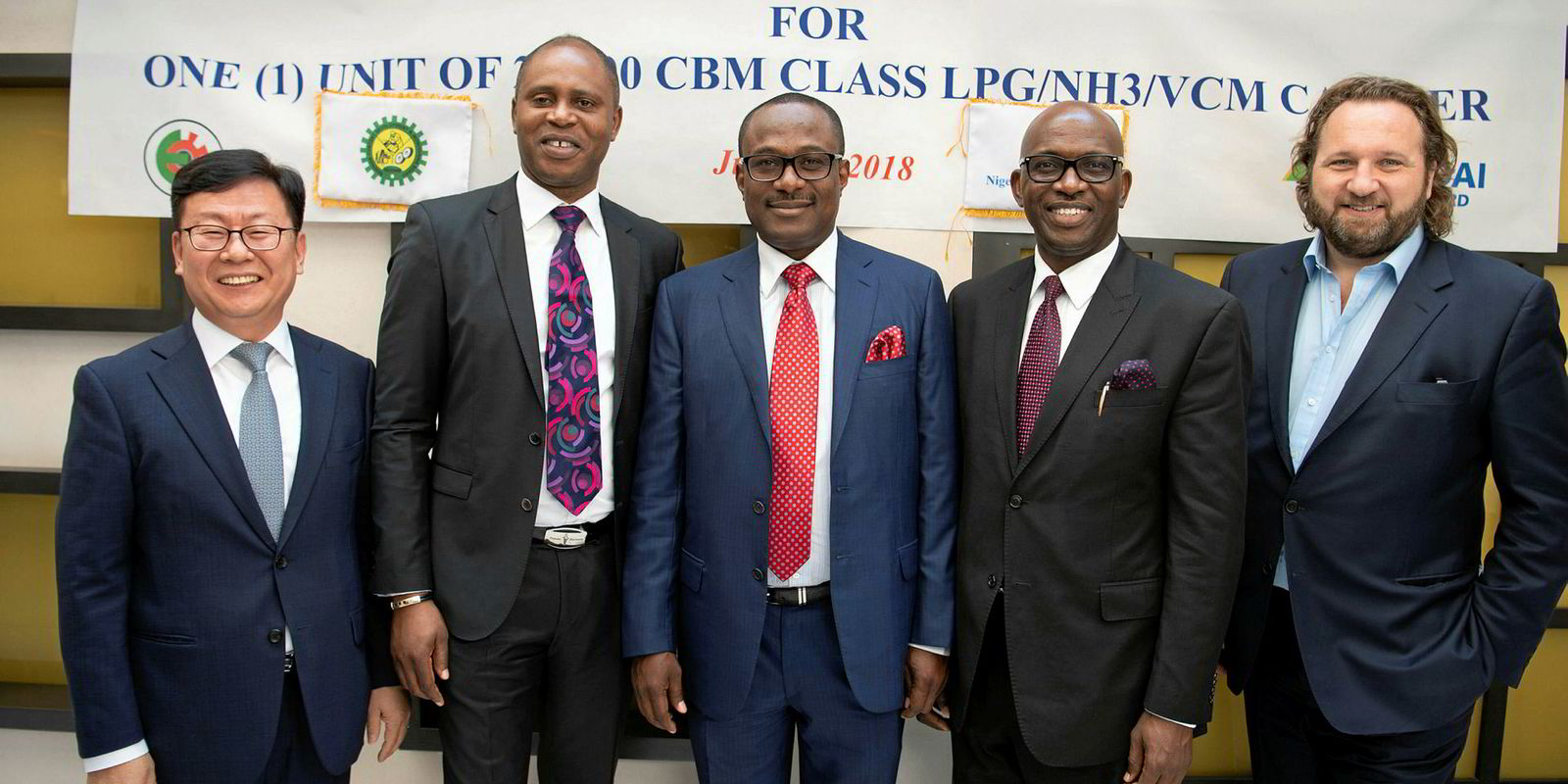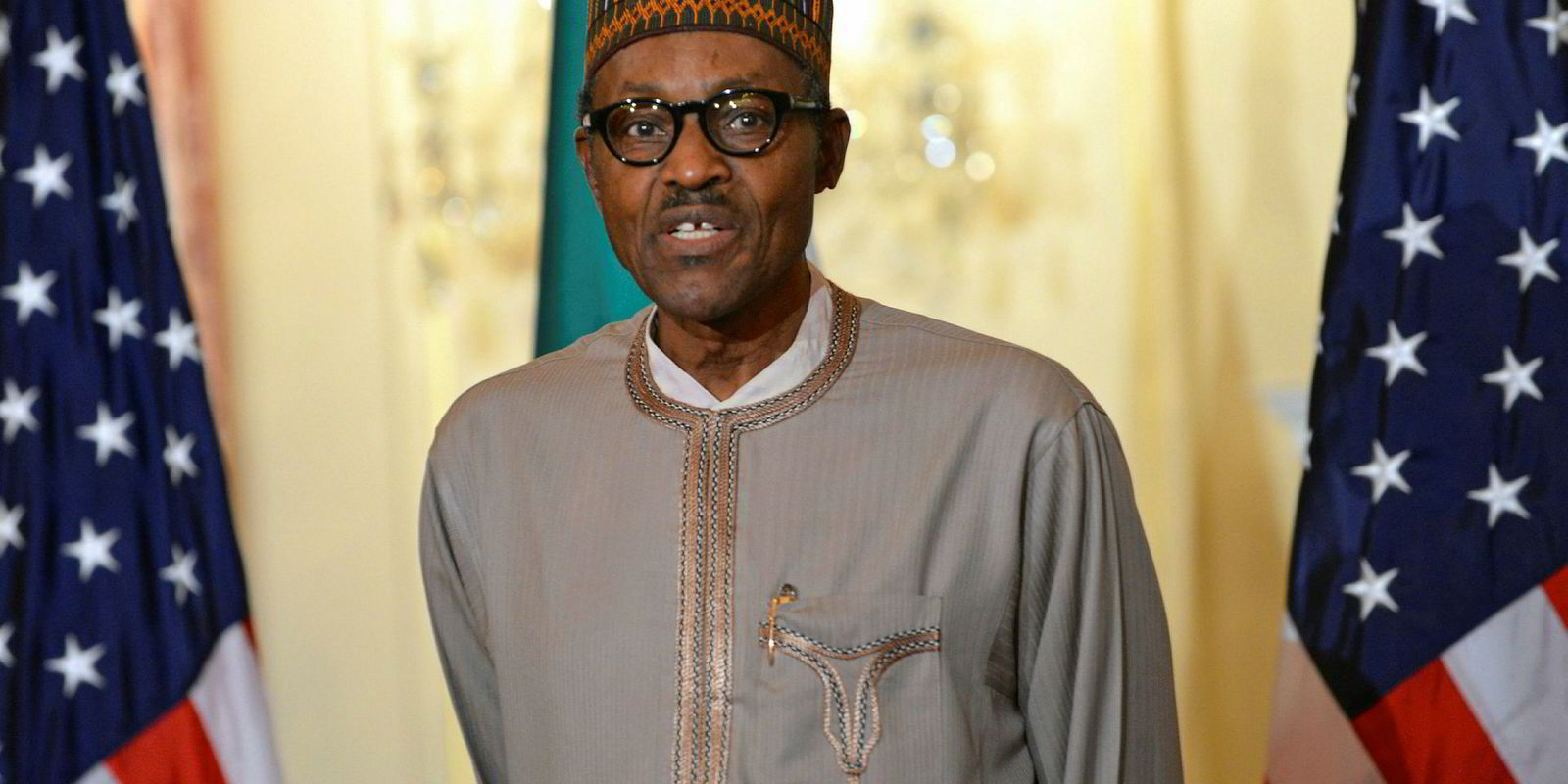Nigeria’s planned halt of propane and butane exports are unlikely to hit the LPG shipping markets hard, with the West African country’s underperforming volumes and questionable ability in following through on such a policy initiative, according to industry officials.
Earlier this month, state-owned Nigerian National Petroleum Corp (NNPC) announced it would divert export cargoes to domestic markets to “crash" local cooking gas prices — but it does not outline how this plan would be enforced.
A member of Opec, Nigeria has long had the ambition to secure a role as a major LPG exporter on the strength of its abundant oil and gas reserves.
However, such potential has not been realised due to a lack of investments, with Kpler data showing Nigerian exports flattening out at around 1.45 million tonnes over the past three years.
“Nigeria never lived up to the expectations,” Avance Gas president Christian Andersen tells TradeWinds. “All export is welcome, but a reduction or lack of improvement from Nigeria will not have any significant impact.”
Trade picture
Of the 76 LPG shipments from Nigerian terminals recorded by VesselsValue between the beginning of 2018 and 21 January of this year, 37 were on VLGCs, 25 on midsize carriers, 10 on handysize ships and four on full pressurised vessels below 10,000 cbm each.
Going by the receiving points, 21 were to other Nigerian destinations, 18 to China, 11 to Ghana and the rest to other overseas markets.

All of the shipments to China are on VLGCs, while those to Ghana are on midsize and handy carriers.
Estimating that China generally purchases 60% of Nigeria’s LPG exports volume-wise, Drewry senior research analyst Shefali Shokeen suggests tonne-mile demand will likely be negatively affected.
“They will switch to other exporters... The choice of exporter will determine the impact on tonne-mile demand,” Shokeen says. “In Nigeria, most of the LPG export terminals are located on the western part of the country, which makes the total voyage to China more than 10,000 nautical miles and about 20 days long.
“Switching to Middle East suppliers will almost halve the total journey and have substantial impact on tonne-mile demand.”
If China opts for purchases from the US, which is the world’s top LPG exporter, Shokeen says tonne-mile demand would increase instead. But she does not expect that to happen, with the Chinese government slapping additional 25% tariffs on US LPG amid the two countries’ worsening bilateral relationship.
Political gestures?
The initiative of NNPC comes ahead of national elections in Nigeria in February and March, raising speculation over whether it will turn out to be an empty political remark for the ruling party to attract votes.
“An impeccable timing of such [an] announcement surely raises some questions about the real agenda behind this decision,” Kpler analysts say. ““It remains to be seen when and if the [plan] is to be implemented.”
LPG carrier traffic has not yet been affected by the announcement, with Kpler estimating January export volume to be 120,000 tonnes — matching the monthly average in 2018.
NNPC has admitted it will need to overcome challenges from the lack of domestic vessels and distribution networks when shifting the export volume to domestic markets. While Nigerian shipowner EA Temile & Sons has booked a 23,000-cbm vessel at Hyundai Mipo Dockyard for the cabotage trade, the ship will only be delivered in the first quarter of 2020.






